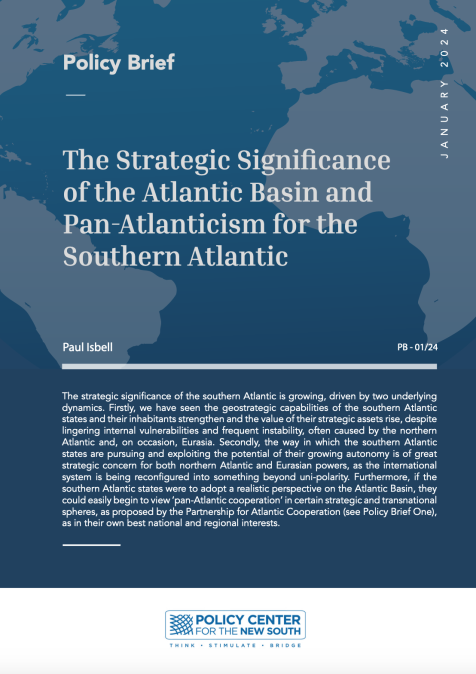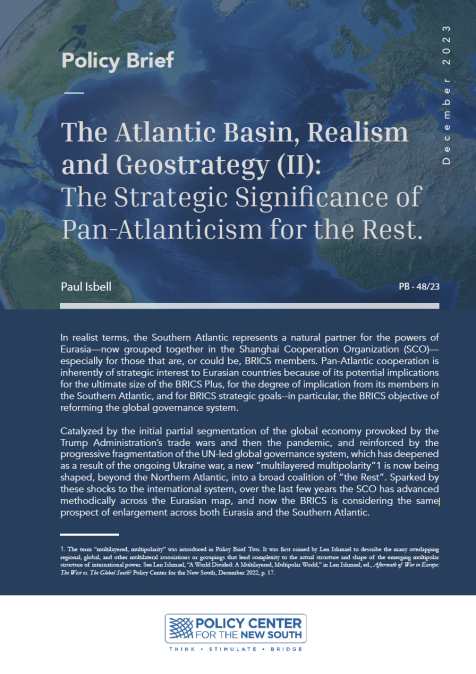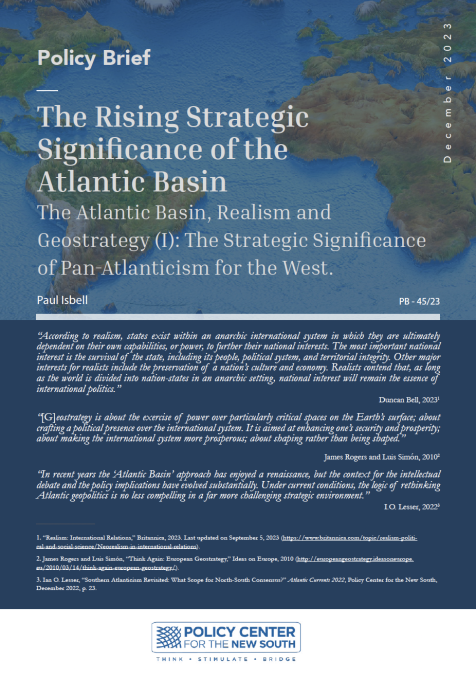Podcasts
Latin American Unity and Atlantic Regionalism in a Shifting Global Landscape
Related topics:
Latin America's lack of regional unity has long impacted its role in the broader Atlantic region. Despite shared geographic and historical ties, countries within Latin America have faced political and economic divides that hinder stronger collaboration. In this episode, we explore the challenges preventing unity and discuss the potential benefits of greater regional cohesion—such as enhanced trade partnerships, better security cooperation, and a stronger influence in the Atlantic. We will also examine how the outcome of the 2024 U.S. elections could shift U.S.-Latin American relations and affect Latin America's strategy within the Atlantic, from trade to security, in this evolving global context.
We will also consider how the outcome of the 2024 U.S. elections might reshape U.S. foreign policy, particularly in relation to the Atlantic region. With President Trump potentially back in office, we’ll explore how his administration could impact global alliances, multilateral cooperation, and the dynamics between countries that align with or oppose his approach. The discussion will highlight the broader challenges and opportunities for Atlantic leaders, including those in in Latin America, as they navigate these changing geopolitical and economic realities.









